What Should Be Included in Your Technical Land Assessment?
Article written by:
Rob Csondor
Undertaking an appropriate technical land assessment before site purchase and mobilisation is a critical part of any profitable development.
Here are some key things to consider and include.
Understand the fundamental limitations
Each location must be evaluated in terms of its existing content and historic profile.
Generally, there are two types of site to consider - greenfield/rural and brown/urban.
Your focus initially should be understanding the main ‘typical’ limitations and the biggest showstoppers.
By ‘showstoppers’ we mean the complex elements in place, that may make the development unviable.
Let’s look at them individually.
On greenfield sites
Here your technical assessment must give you a clear understanding of any landscape and ecology issues.
Drainage considerations are also critical. Being able to appropriately manage surface and foul drainage is a commonly overlooked aspect in greenfield development.
Beware also when planning for extensions to historic towns and villages. Here there may be subterranean archaeological remains and, even with reference to environmental and historic records, these simply may not be known about until they’re physically uncovered.
It is likely to be beneficial therefore to undertake some desk-based work to see if trial trenching is likely to be a requirement.
Do understand however, that if even small items such as old pottery and coins (as well as building remains) have been found locally, this may mean that further archaeological investigation could be costly.
Factor this into your contract, if in doubt.
Technologies such as LIDAR (Light Detection and Ranging) and online research will help with this work but sometimes trial trenching is the only way to really know what’s underground - and it may be insisted upon by the planning authority, in any case.
Be wary also when planning to develop adjacent to rivers and waterways such as canals. Archaeology issues can also have a high impact here as well as more obvious drainage and ecology issues.
On brownfield sites
Here you need to technically assess key issues such as potential air quality, noise levels and highways and congestion limitations from neighbouring uses.
Don’t forget that brownfield sites can also have ecology issues, especially if a site has been unused for a number of years - you would be surprised!
Brownfield sites (even contaminated ones) can host reptiles such as slowworms and lizards and invertebrates such as butterflies.
Badgers and bats are also frequently seen on such sites and, managing how a development can work alongside them, can be costly.
Another key consideration when developing in urban environments is previous use.
Underground building work such as basements may be costly to remove and, in old industrial locations, you may find mineshafts or even limestone caverns.
Land contamination or non-engineered previous backfill could also be an issue.
All of the above must be assessed and possibly remediated.
Appropriate technical site investigation will however, arm you and enable you to make a decision whether this development will be cost-effective or not.
Cost-saving assessments
OK, so how do you undertake a technical assessment?
At the very least you’ll need a team of specialist consultants.
Here at RCA for example, we can co-ordinate a team of consultants, based on our experience in the area.
The specialists we work with have a long-standing relationship with us and the planning authorities we deal with - resulting in an ability to pick up constraints quickly.
Ecology, heritage, landscape, drainage, transport, noise and air quality matters needn’t be a pain. Talk to us first and we can put together the best team to give you the advice you need.
We may be able to deliver an initial site assessment for you, for free.
You have therefore, the opportunity to evaluate a site’s viability without spending unnecessarily.
If you’ve like to have a chat about this, please do give us a call.
RCA can help
To talk to the expert team at RCA Regeneration, call 01905 887686 or email info@rcaregeneration.co.uk
Musings on the house price to earnings dataset 2022
Roisin Murphy once sang the somewhat confusing lyrics ‘Never ever enough, it's never enough, is it ever enough when it's just enough?’ back in the heady days of 2001/2...
RCA exceed £15.9m FVA savings for developer clients
RCA Regeneration confirm savings for its developer clients have now exceeded £15,900,000 (since Jan. 2022), unlocking previously unviable sites through Financial...
How to Ensure a Brownfield Site Has Potential
Let’s assume you have identified one or a number of urban/ brownfield sites that could offer development opportunity.
You now need to ensure each one is viable
Here’s...
Will we have to sacrifice affordable housing to achieve sustainable development?
From a viability perspective, this question could equally be phrased the other way around.
How to Access Govt. Grants to Develop Brownfield Sites
Let’s start by looking at what grants are out there and who provides them.
The first thing to understand is, that there is no single, UK brownfield grant that developers...
Development Options
Landowners, whether they be individuals or organisations, have a range of options when they consider how to maximise the value of their assets.These options depend upon...

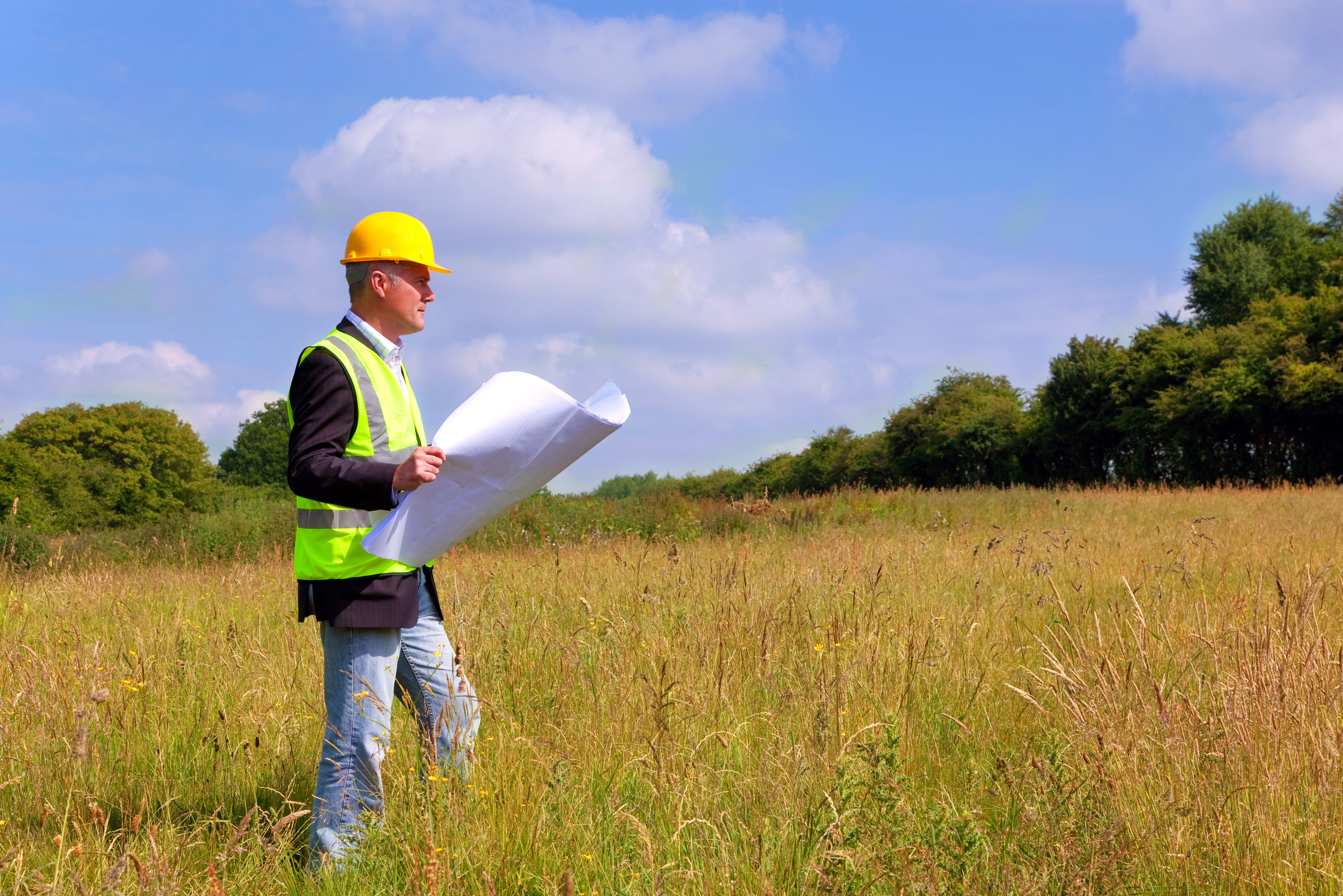


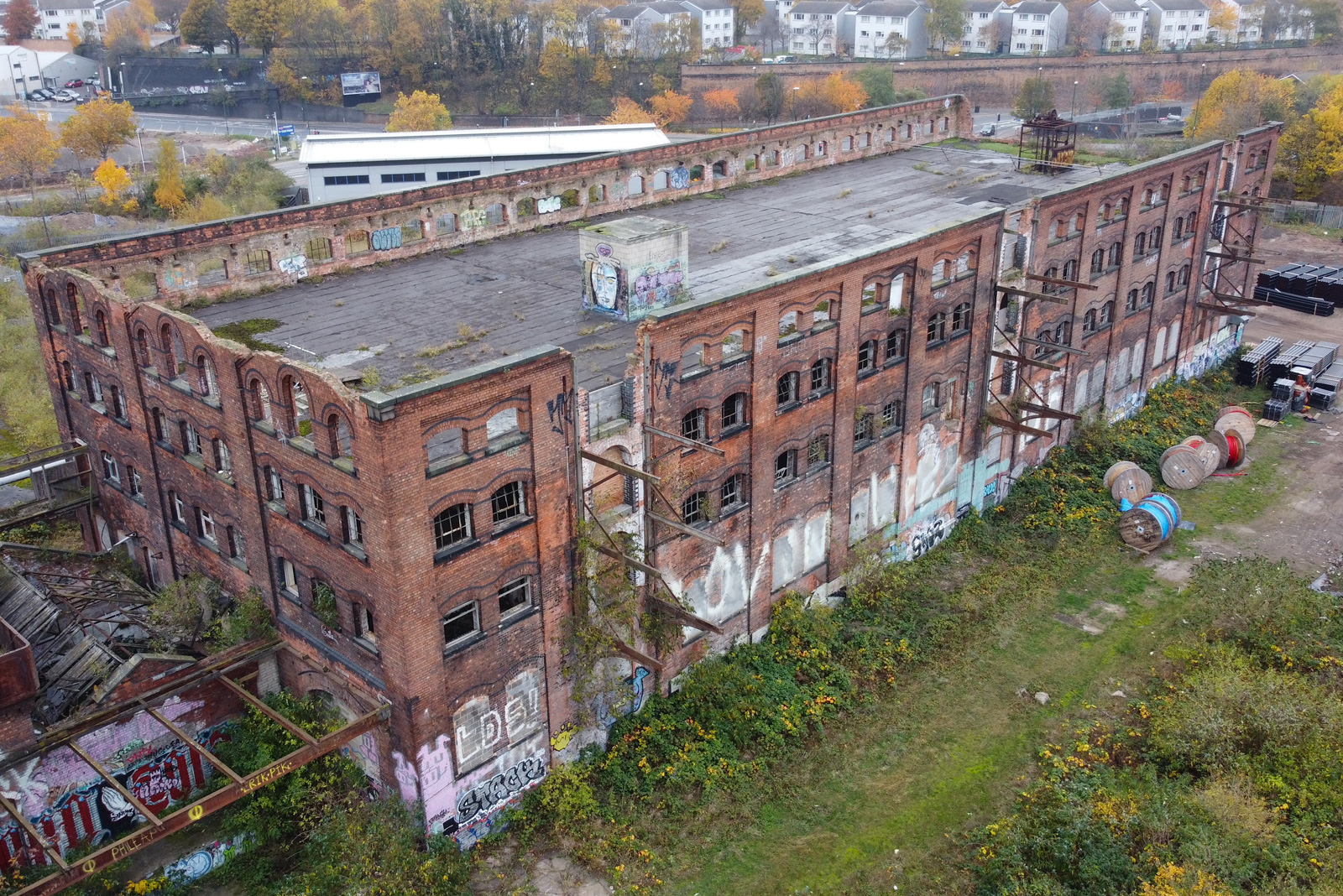
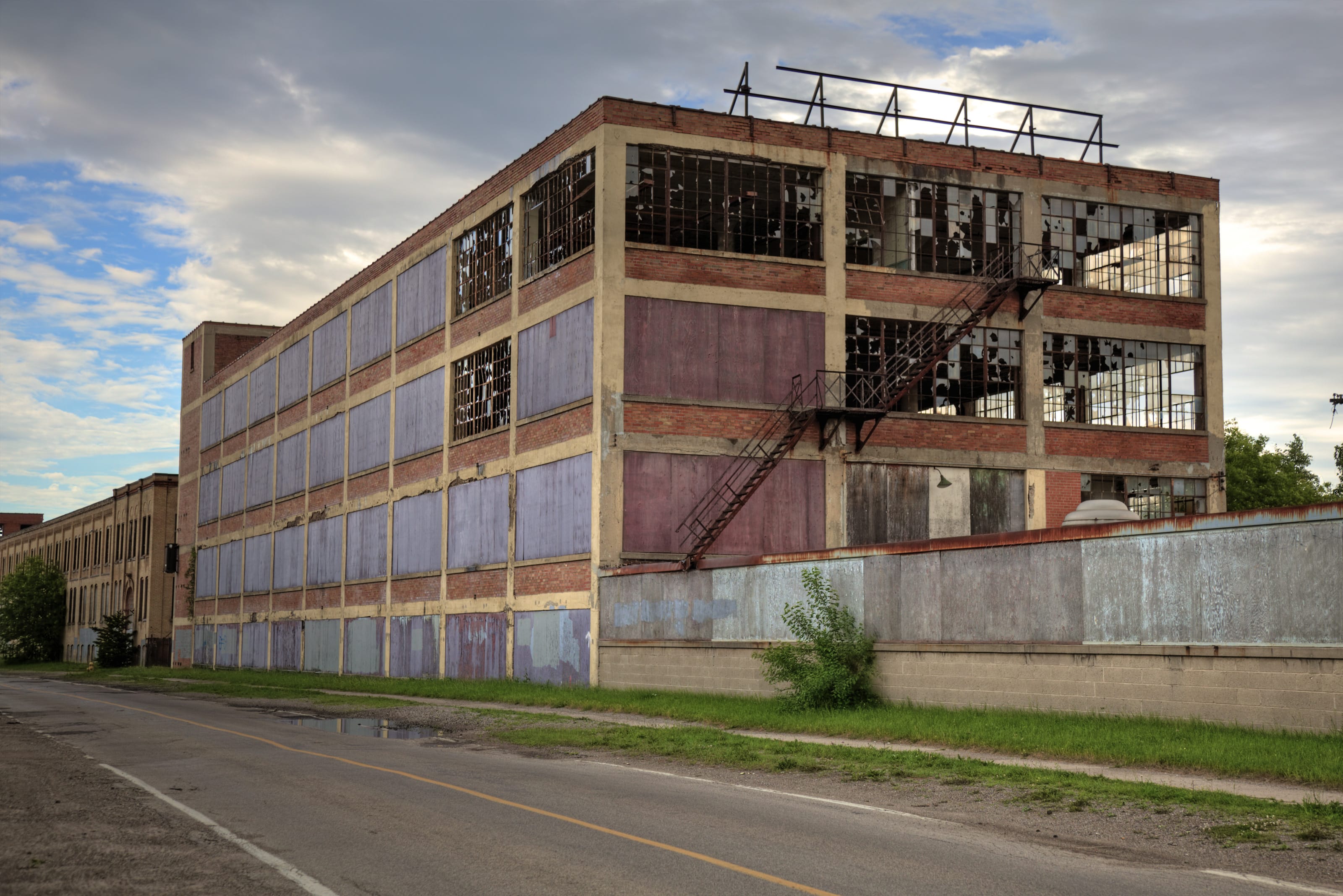
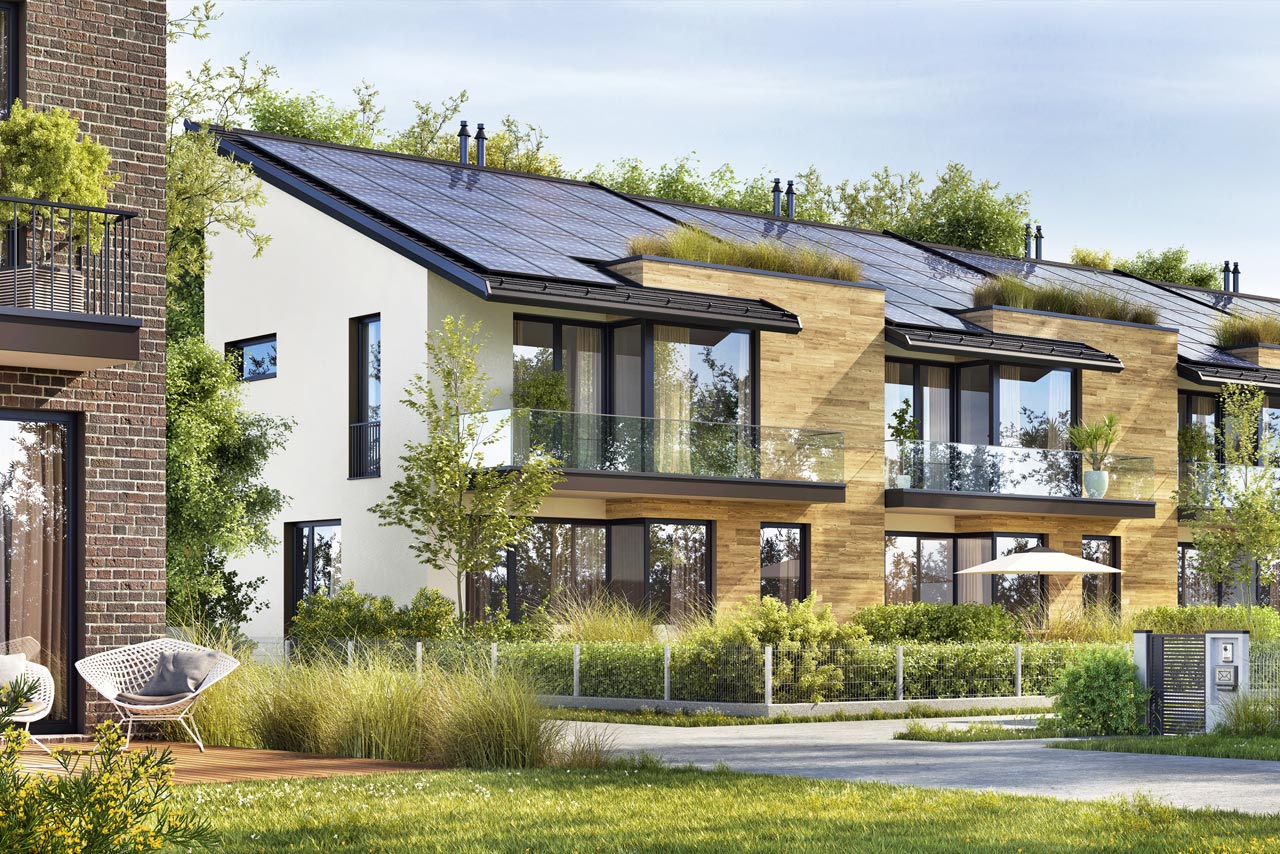
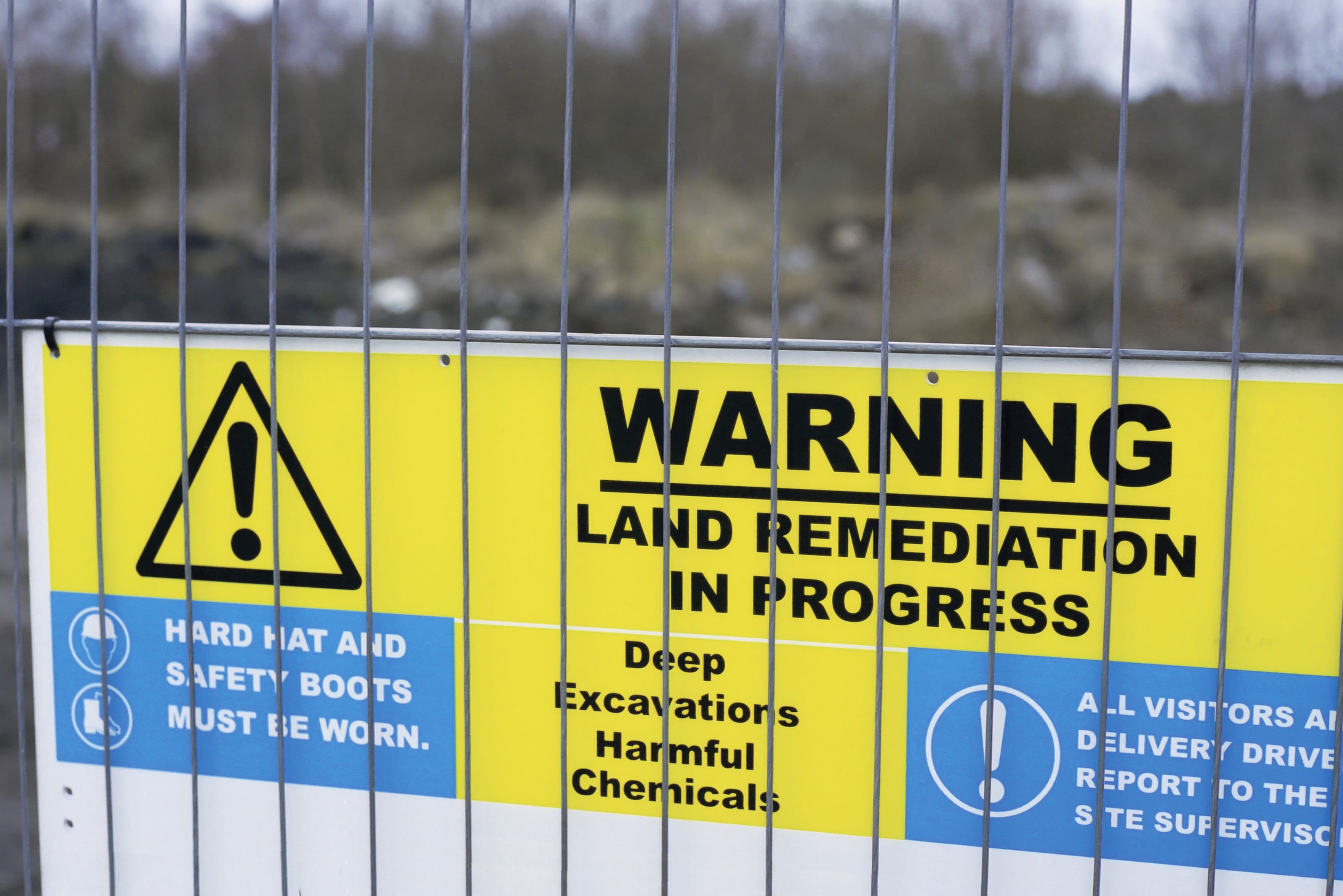
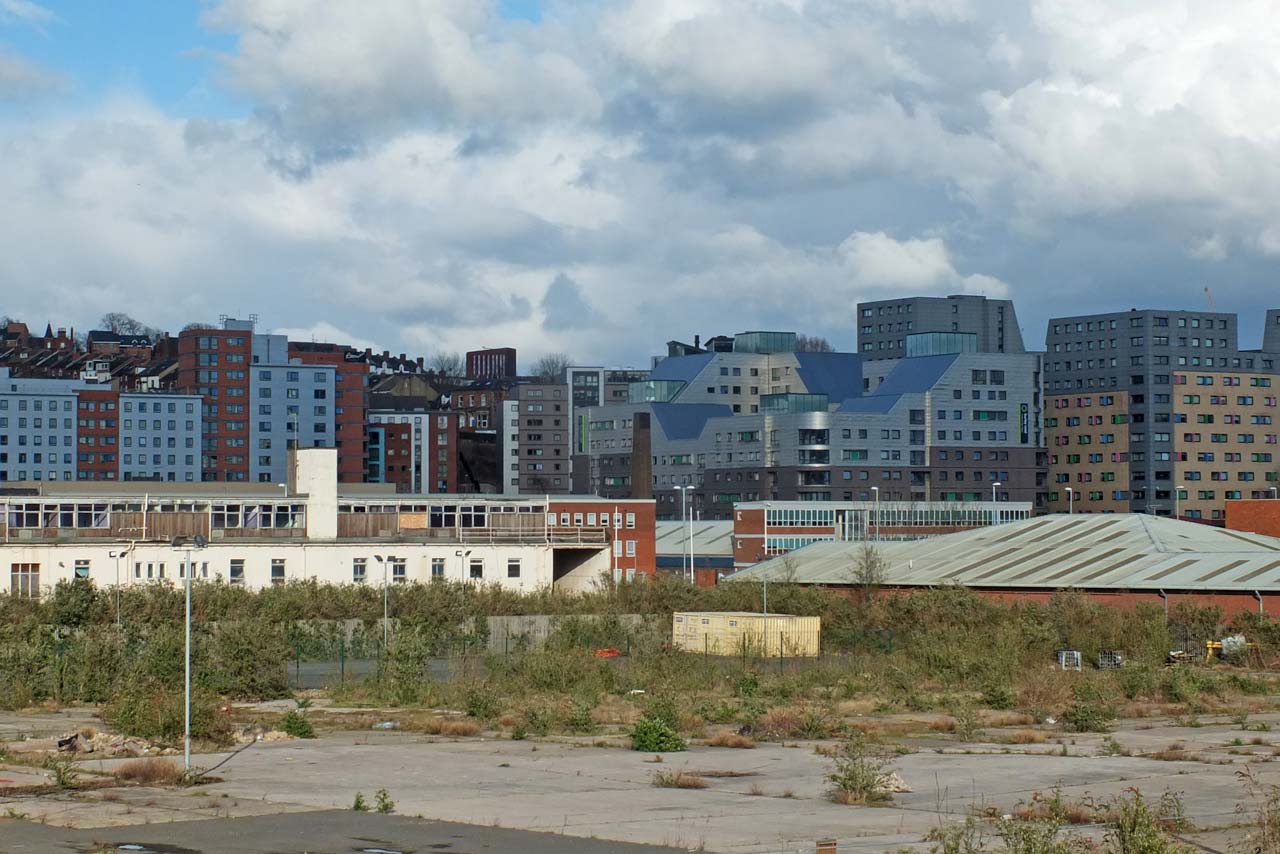
Leave a Comment